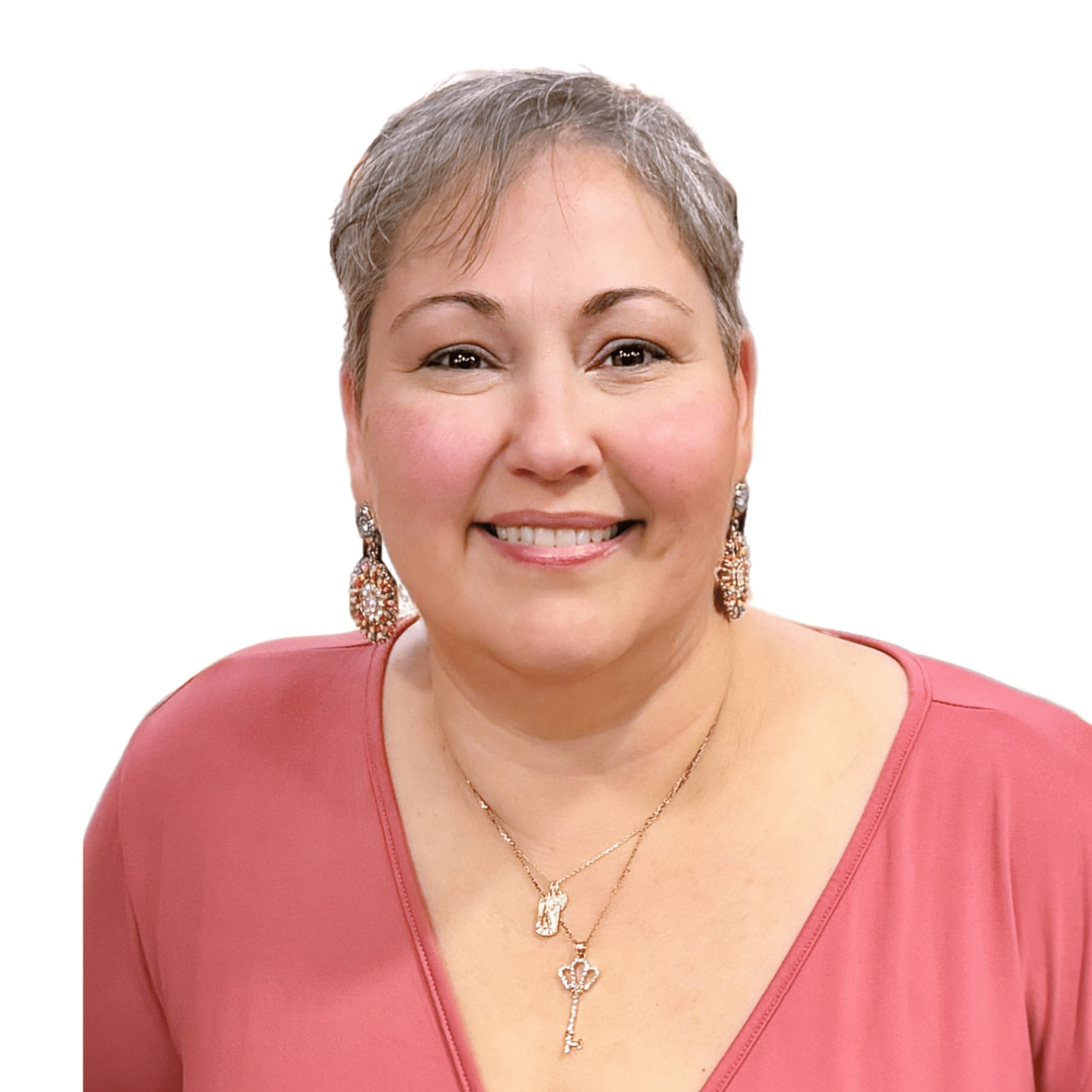Healing and empowerment seem elusive for those of us who have survived abuse and trauma. Understanding WHY you do WHAT you do speaks to the awareness needed in order to address and heal. Understanding the roots of your behaviors is essential. You don’t need to remember every single detail of your trauma, but you do need to know the connection between your current maladaptive/unhealthy behaviors and your trauma.
Please attend my intensive healing coaching session: https://www.healthrivedream.com/addictions-risky-behaviors-post-trauma/
You may often find yourself at a crossroad, making a decision that appears risky or harmful. Why would you do this to yourself? Is it driven by your subconscious/ Self-sabotage, deep beliefs that you are unworthy? Risky behaviors and decisions are not made in isolation. They stem from complex psychological responses to trauma. Delving into why you and other trauma survivors often engage in risky behaviors, is necessary for healing. It is important that you work on addressing your behaviors with empathy, insight, and hope.
The Shadow of Trauma
Trauma is like a heavy shadow that follows you around, shaping how you see things and the choices you make. It's like carrying a hidden weight that makes everything feel harder and scarier. Even though you can't see this weight, it's there inside your mind, changing how you view your options. Sometimes, people who have gone through trauma might take risks because it feels like a way to take back control over a life that once felt out of their hands. Thoughts on this? Please share in the comments below.
Complimentary Coaching Healing Intensive
19 April 2024, 11:00 AM - 12:00 PM EDT
Addictions & Risky Behaviors Post Trauma
Finding Stability in Turmoil
One of the most human responses to feeling out of control is to seek mastery over your environment. When you lived through abuse, you were once forced into situations where you had no control. To cope, you might have tried to take control back in ways that gave you a quick sense of power, even if it's just for a short time. This could mean using drugs, driving dangerously, or getting into risky relationships. These choices gave you a false sense of feeling in control when in fact, these risky actions create or created more problems for you.
The Familiar is Known or Comfortable
Ironically, we have the tendency to gravitate towards what we know, even if what we know is hurt and pain. There can be an unconscious pull towards situations that resemble your past experiences. This is not because you wish or want to relive your pain but rather because the familiarity feels safer than the unknowns of healthier choices, which are new or foreign to you. Understanding this can help you be more compassionate towards yourself and others who are on a trauma recovery and healing journey.
Numbness & Disconnection
Trauma can throw off your body's natural rhythm, making you look for ways to either feel more alive or to dull intense emotions. Risky behaviors can activate either sensations or numbness. For instance, engaging in high-risk activities can provide a temporary surge of adrenaline, offering a sense of fleeting euphoria. Similarly, substance abuse might temporarily dull your pain.
Disconnection refers to a feeling of being emotionally detached or separated from others, situations, or yourself. It often involves a sense of isolation or alienation, making it hard to engage with the world around. It is easy to see why this would feel comforting, to get away from the intense feelings of emotional pain.
Isolation
Trauma can make you feel isolated. Not just from others, but from parts of yourself. In isolation, your thoughts can make risky decisions seem like the only potential way forward. The lack of connection to a supportive community can exacerbate your feelings of loneliness and despair, pushing you towards behaviors that promise a momentary escape from feelings of abandonment or aloneness.
Healing: Moving Beyond Self-Sabotage
Understanding why you and other survivors might engage in risky behaviors is an import first step in your awareness before you can move towards healing. It is important to see the root of your pain, how trauma has impacted your self-worth and how you see yourself. It's about looking beyond the pain, the need for control, the search for sensation, and the isolation that drives these decisions. As you navigate this understanding, please remember that healing doesn’t have to be a solitary journey. In fact, healing within a supportive and compassionate community, can offer you empathy, and hope.
In my practice, I've seen the transformative power of holistic interventions that address not just the symptoms but the root causes of trauma. It’s about creating a safe space for survivors to explore their experiences, understand their behaviors, and develop healthier coping mechanisms. Together, we can embark on a journey towards healing, where risky behaviors are no longer seen as the only option but rather as blaring lights pointing towards deeper needs that must be addressed.


